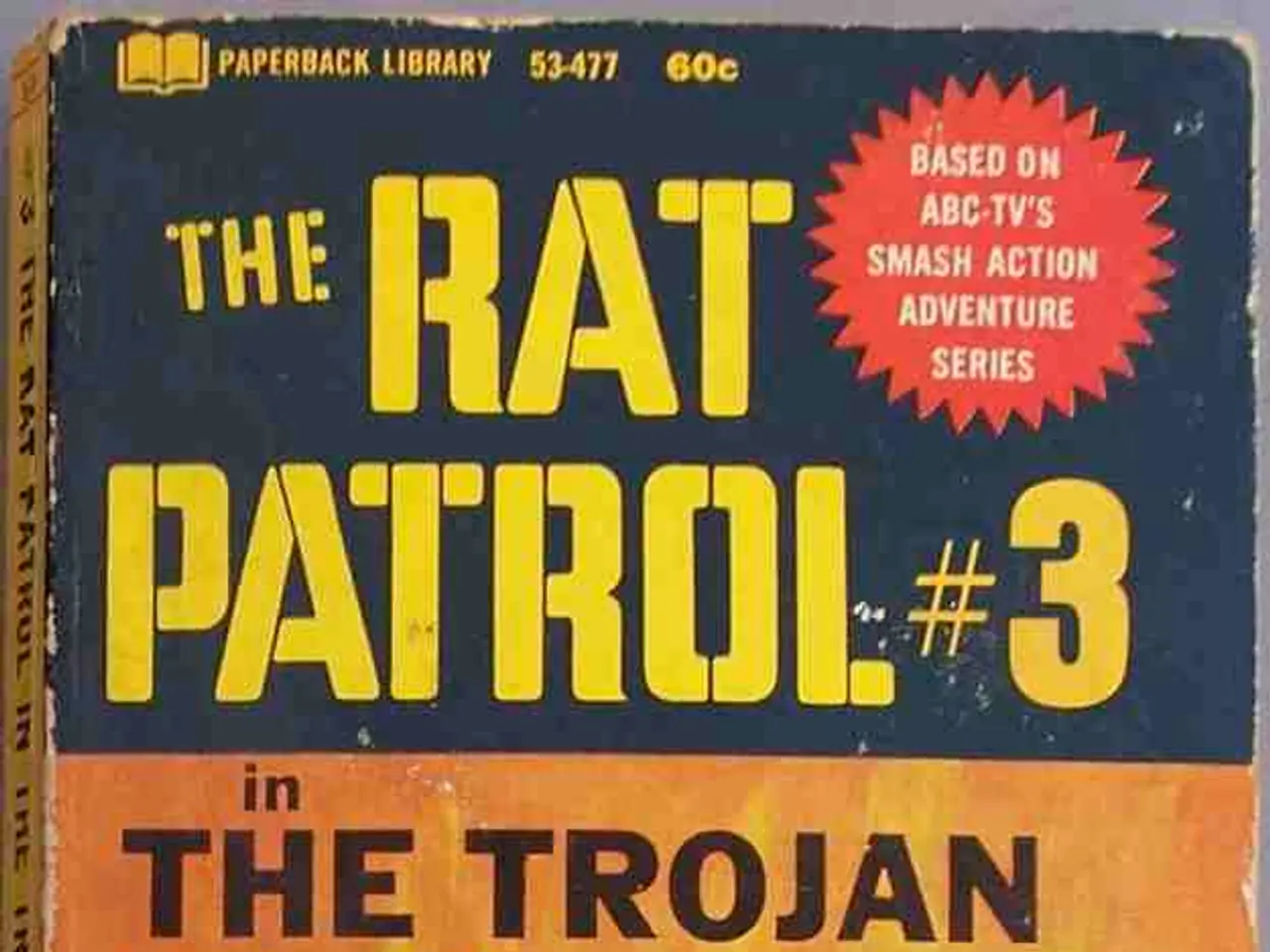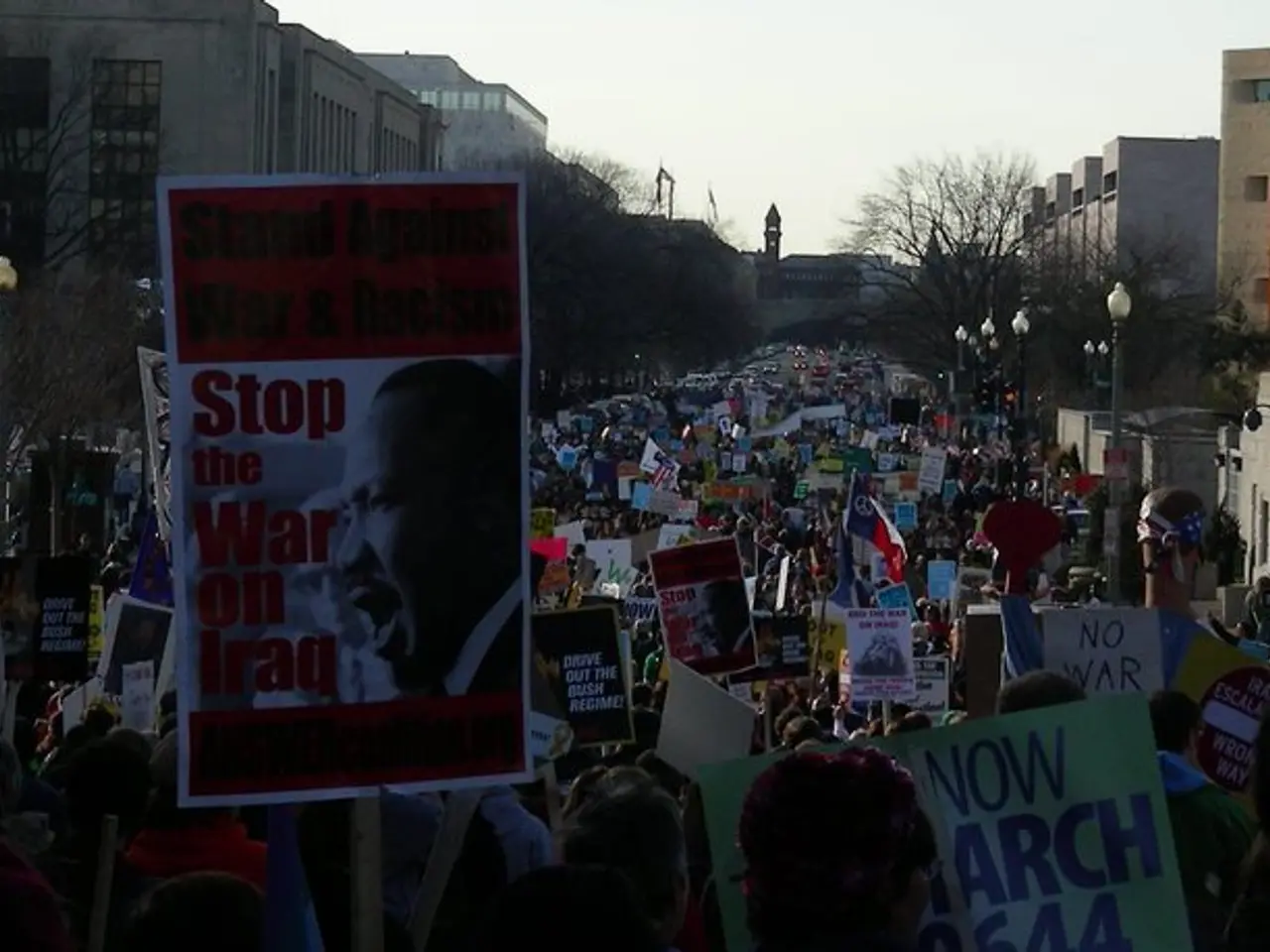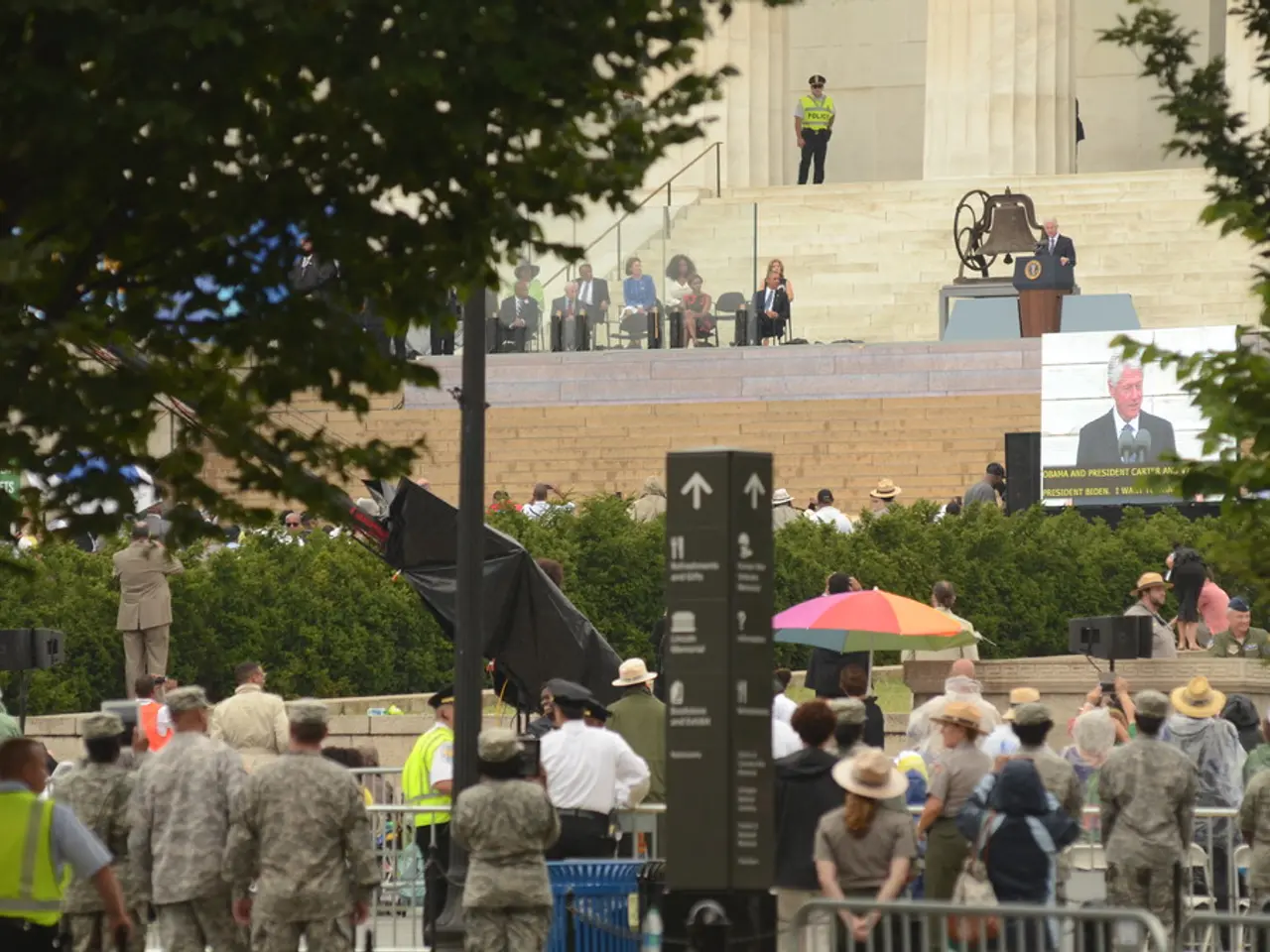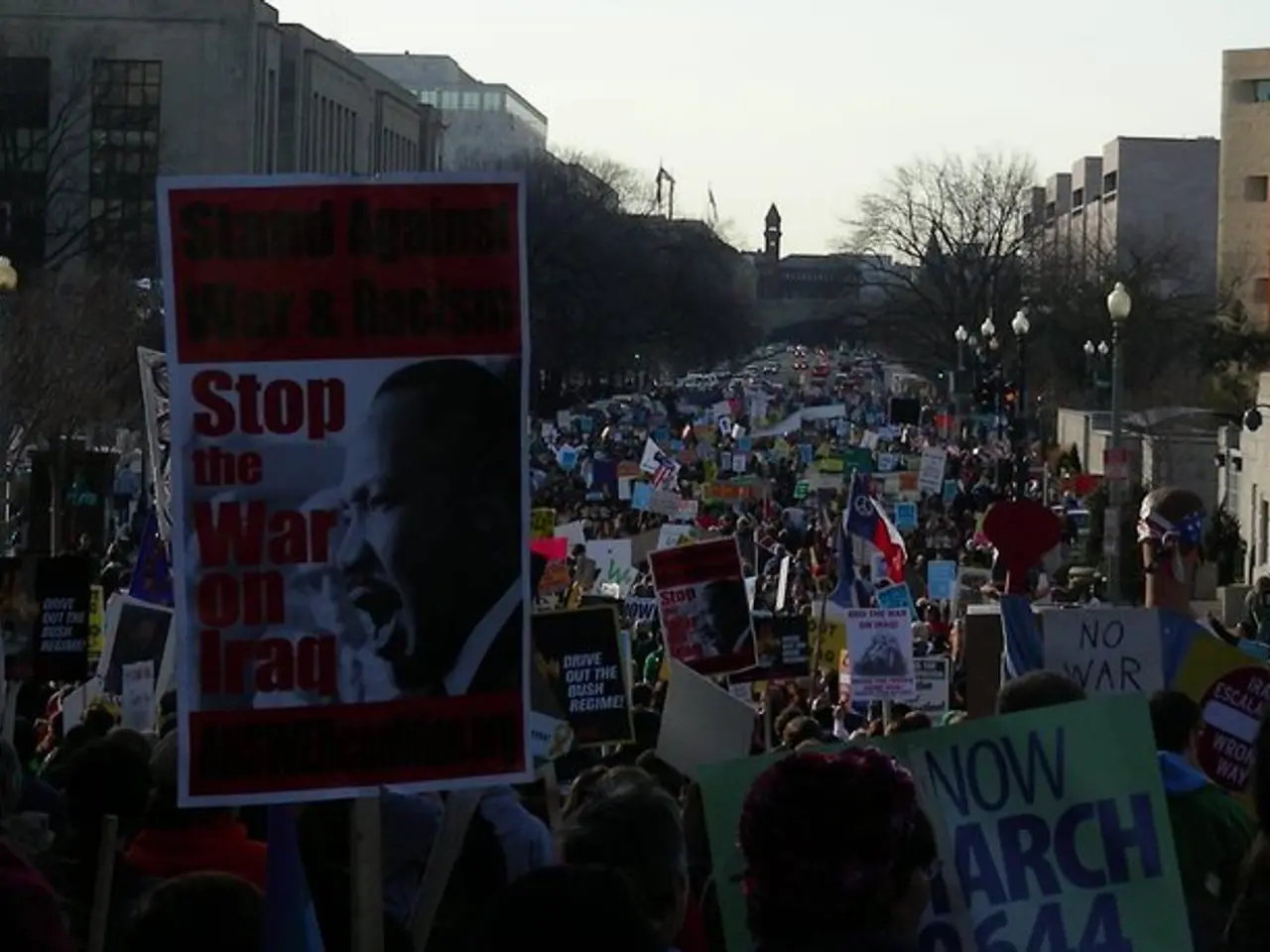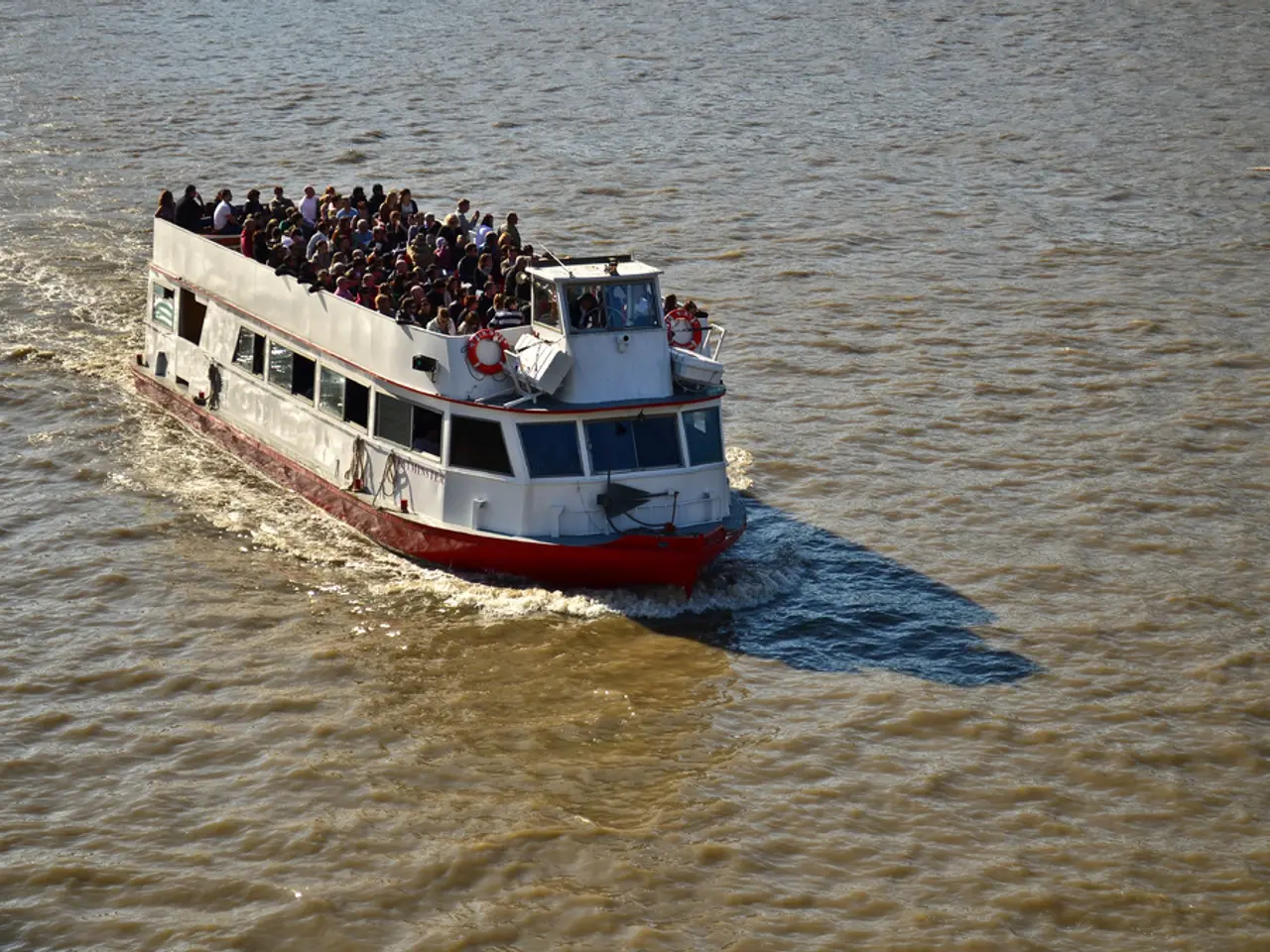In a two-day military operation in Zhob, security forces eliminate 47 terrorists supported by India
In a significant security operation, Pakistani forces have successfully thwarted multiple infiltration attempts by terrorists in the Sambaza area of Zhob district, Balochistan. Over a four-day period in August 2025, the army eliminated approximately 50 terrorists, recovering weapons, ammunition, and explosives [1][2][3][4][5].
Fatalities and Injuries
Among the fatalities were 53 security personnel, 39 civilians, six militants, and two members of local peace committees. A total of 189 people were injured, including 126 members of the security forces and 63 civilians [1][2][3][4].
Causes of the Incursions
The militants involved in these infiltration attempts are primarily identified as "Indian-sponsored" or linked to Indian intelligence activities, according to Pakistani military sources. These militants are often referred to as "khawarij," outlawed TTP militants responsible for much of the terrorism in the country [1][3][5].
The porous Pak-Afghan border in Zhob serves as a critical infiltration route for militants seeking to destabilize Pakistan in Balochistan and adjoining regions. The escalation in militant incursions follows the breakdown of a ceasefire between TTP and the Pakistani government in late 2022, leading to increased militant violence in Balochistan and Khyber Pakhtunkhwa provinces [5].
Implications
The increased militant incursions pose a significant threat to regional security, endangering civilians and security personnel. In related incidents, security forces also suffered casualties, such as nine personnel killed in an ambush near the Iran border in Balochistan’s Washuk district [2].
The violence in the region impedes local governance and development, as persistent insecurity hinders social and economic progress. The Pakistani military views these operations as crucial to securing its frontiers and maintaining national stability [4].
The global context includes designations of these militant groups, such as the US declaring Balochistan Liberation Army (BLA) and its armed wing as foreign terrorist organizations, linking regional militancy to broader geopolitical influences [1][4].
Response Strategies
The Pakistani forces have responded with intensive military operations and "sanitisation" mop-up campaigns along the border to kill and capture militants, recover seized arms and explosives, and prevent further attacks [1][3][4][5]. Ongoing intelligence and surveillance efforts aim to detect and preempt infiltration attempts.
In addition, Pakistan’s government seeks international backing by highlighting foreign support for militant groups and appealing for global anti-terrorism cooperation [1][4].
Conclusion
The rise in terror incidents in Zhob district is driven by cross-border militant infiltration facilitated by the unstable Pak-Afghan border, compounded by regional proxy dynamics. The Pakistani forces remain committed to securing the nation's frontiers and thwarting attempts at sabotaging peace, stability, and progress in Pakistan.
The prime minister added that our soldiers risked their lives to protect the country. The leaders also vowed to eliminate the menace of terrorism and maintain regional security.
War-and-conflicts are escalating in Balochistan, as evidenced by the increased militant incursions and subsequent military operations by Pakistani forces. Politics and general news are abuzz with discussions about these events, including the role of crime-and-justice in the regional instability.
